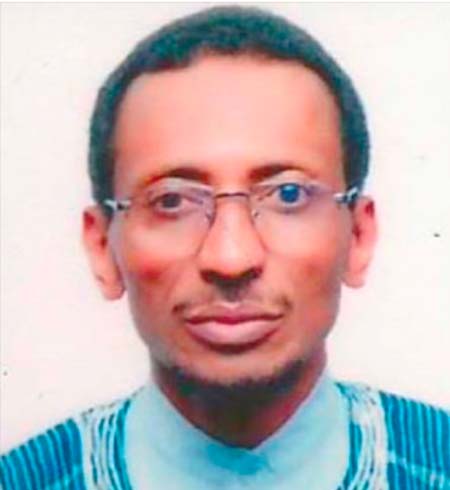
The
Special Criminal Court in Banjul presided over by Justice O. Ottaba, on Monday
10 October 2016 adjourned for ruling, the application for unconditional release
from NIA custody made by ex-deputy Foreign Affairs Minister Momodou Sajo
Jallow.
When
the case was called, senior counsel A.A.B. Gaye appeared for the applicant, who
was not present in court, whilst state counsel A. Mendy appeared for the
respondent.
In
replying further to the application, state counsel A. Mendy said the deponent
did not state how he got the information that he deposed to.
He
said the deponent did not tell the court how he got in contact with the
applicant, and did not state the nexuses between him and the applicant.
“I
submit that the affidavit is defective because it does not disclose the source
of the facts deposed to by the deponent; so, therefore, my lord, in the absence
of an affidavit the motion is worthless,” the state counsel said.
In
replying on points of law, senior counsel Gaye said: “Regarding the nexuses
between the deponent and the applicant, I refer your lordship to paragraph 1 of
the affidavit in support, which states: ‘I am the uncle to the applicant’; that
is the nexuses.”
“My
lord, regarding the source, when the deponent deposes to an affidavit, he
deposes to facts that are within his personal knowledge; that is the primary
consideration. Those are not with source, they are within your personal knowledge.”
He
added: “It is when you are deposing to information that you are obliged by the
Evidence Act to disclose the source of your information.
“I
refer your lordship to section 89 to 92 of the Evidence Act. Where there is no
counter affidavit, your lordship has just one side to decide on. In the absence
of a counter affidavit, the averments on the affidavit in support remain
unchallenged.”
Counsel
Gaye further adduced that state counsel S.K. Jobe stated earlier that the
alternative section 99 of the CPC does not apply because there is “no charge
before your lordship”.
“My
lord, we consider that there is no charge before the court, but that does not
make section 99 of the CPC irrelevant. We include section 99 in the application
as an anticipatory measure. We included it there to anticipate that when they
are served they will rush to court and file a charge. I pray that your lordship
may be pleased to grant this application,” counsel Gaye added.
The
case was then adjourned until 17 October 2016, at 10:30am, for ruling.


